Steven Gilmore, 36, was working for contractor Canterbury City Scaffolding Ltd alongside a small team of scaffolders, to erect a temporary roof scaffold at an open-air drinks depot in Snow Hill, Crawley, West Sussex.
Canterbury City Scaffolding Ltd had been contracted by Drinks Warehouse UK Ltd to erect the temporary roof structure over its open-air depot in order to provide shelter for operations during the winter months.
On 29 November 2021 the father-of-one struck a live 11kV power line running across the site while lifting a six-metre scaffold tube. He then fell over five meters to the ground suffering a badly broken leg. Gilmore sustained life-changing electrical burns to both hands, which he will never regain full use of.
An HSE investigation found that Canterbury City Scaffolding Ltd and its director had failed to ensure the high-risk temporary roof scaffold assembly job near a high voltage line was properly risk assessed.
The investigation also highlighted that, despite being fully aware of how close the temporary roof scaffold was being built to the 11kV line, no attempt was made by the scaffold contractor or its director to consult UK Power Networks (Network Operator) about line voltage and safe clearance distances.
While directing the scaffold assembly works on site himself, the director allowed his team of scaffolders to use six-metre-long metal scaffold tubes at near vertical angles within striking distance of the high voltage line without any precautions to prevent injury.
At an earlier hearing at Brighton Magistrates’ Court Canterbury City Scaffolding Ltd pleaded guilty to safety breaches as did irector, Ian Pepper, 48, of Hoath near Canterbury.
The week the company was fined £50,000 and Pepper was sentenced to 18 weeks in prison, suspended for 12 months, and ordered to undertake 200 hours unpaid work and 20 rehabilitation activity requirement days.
Speaking after the sentencing hearing, HSE Inspector Susie Beckett said: “This scaffolder’s injuries were life-changing and could have been fatal.
“This incident could have been avoided if this high-risk scaffold job had been properly planned, including seeking free advice from the Network Operator on what precautions to take, and then implementing those well-established precautions to prevent accidental contact with the overhead line.”








.jpg)













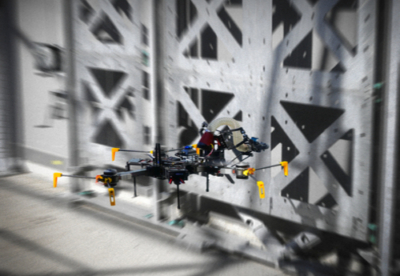




 (300 x 250 px).jpg)

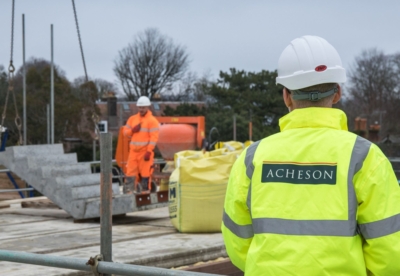



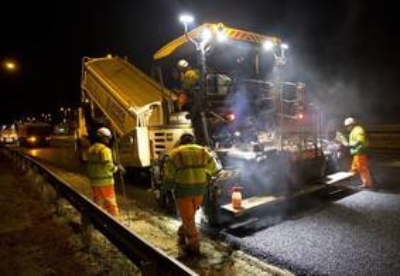






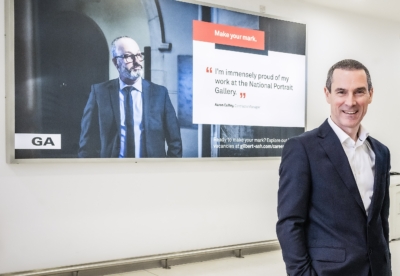
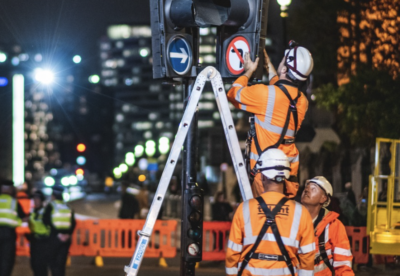











.gif)
